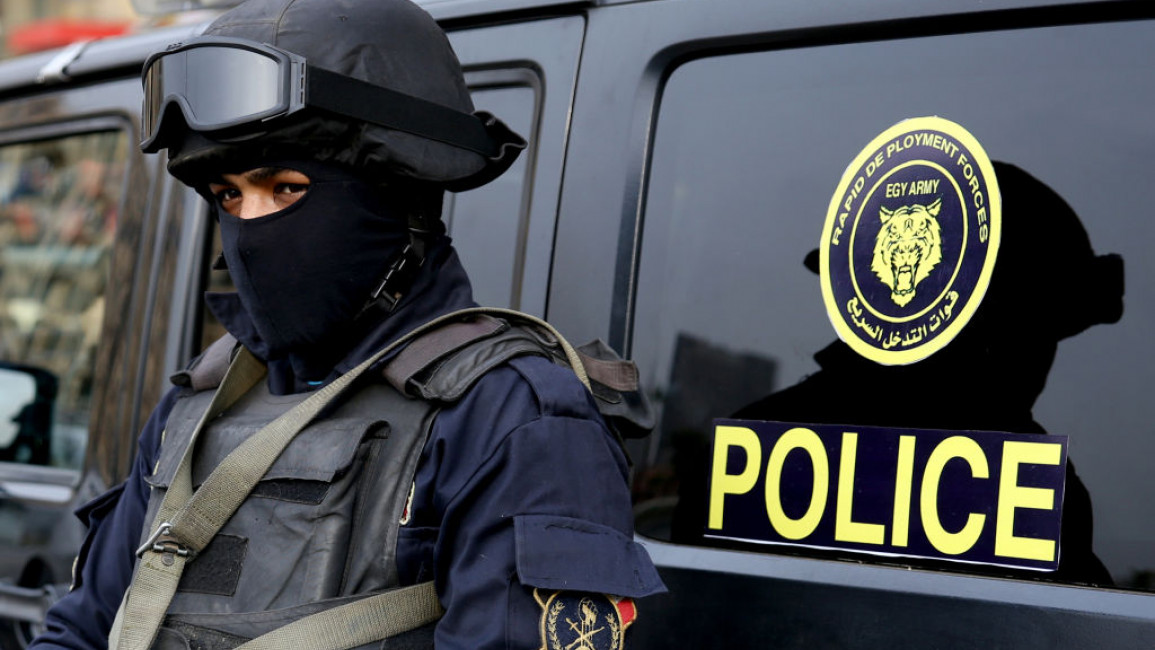LGBTQ+ dating app Grindr warns Egyptians police may be using platform to lure and detain users
LGBTQ+ dating app Grindr has warned that Egyptian police may be using fake accounts to lure and detain users, according to reports.
The world's leading gay dating application said they were "alerted that Egyptian police is actively making arrests of gay, bi and trans people on digital platforms" in a series of safety posts sent to users in Egypt by the hour since Monday, Pink News reported.
This comes after a spike in arrests of LGBTQ+ people last weekend in Egypt.
"They are using fake accounts and have also taken over accounts from real community members who have already been arrested and had their phones taken," the safety notice by Grindr reportedly read.
"Please take extra caution both online and offline, including with accounts that may have seemed legitimate in the past," it added.
Grindr – who claims it has at least hundreds of thousands of users in Egypt – says it is working with groups on the ground to keep users safe and pushing international organisations to demand justice, according to Pink News.
Egyptian police have been accused of using similar methods in the past to ensnare users of the app.
Human Rights Watch published a report last month highlighting that state actors and private individuals across the Middle East and North Africa region, including Egypt, Iraq, Jordan, Lebanon and Tunisia, "have entrapped" LGBT people on social media and dating applications.
It says authorities "subjected them to online extortion, online harassment, and outing, and relied on illegitimately obtained digital photos, chats, and similar information in prosecutions, in violation of the right to privacy, due process, and other human rights".
Although same-sex sexual activity is not explicitly criminalised in Egypt, the charge of "debauchery" has been used to prosecute LGBT people, according to the British Government’s foreign travel advice to Egypt.
There is also little public acceptance of homosexuality in Egypt, where expressing LGBTQ+ identities remains largely hidden.


![President Pezeshkian has denounced Israel's attacks on Lebanon [Getty]](/sites/default/files/styles/image_684x385/public/2173482924.jpeg?h=a5f2f23a&itok=q3evVtko)



 Follow the Middle East's top stories in English at The New Arab on Google News
Follow the Middle East's top stories in English at The New Arab on Google News


